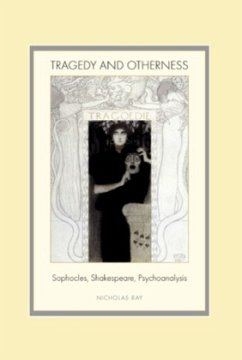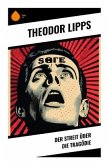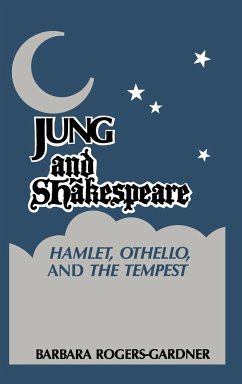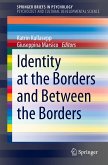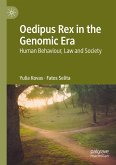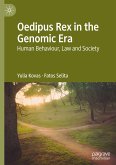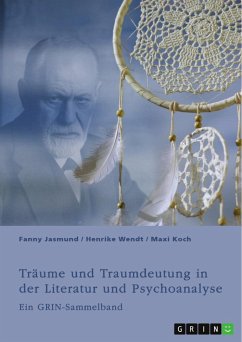This book presents a new account of the complex relationship between psychoanalytic theory and the key tragic dramas by Sophocles and Shakespeare in which it has often sought exemplars and prototypes. Examining the close historical and theoretical connections between Freud's interpretative appeal to tragic drama and his professed abandonment of the 'seduction' hypothesis in 1897, the author explores the ways in which otherness has subsequently been simplified out of both psychoanalytic theory and the dramatic texts it endeavours to comprehend. Drawing on Jean Laplanche's critical reformulation of the seduction theory, the book offers close rereadings of Oedipus Tyrannus, Julius Caesar and Hamlet in order to outline an approach to tragedy which takes account of the constitutive priority of the other in the itinerary of the tragic subject. By reopening the theme of seduction in relation to these key literary dramas, the book aims to generate a better understanding both of the function which psychoanalysis has called upon tragedy to perform, and the radical modes of otherness within tragedy for which psychoanalysis has hitherto remained unable to account.
«'Tragedy and Otherness' is not a book to quickly breeze through. It aims to do much more than simply investigate psychoanalysis's involvement with Greek tragedy. The book unfolds into a far-ranging exploration of the historical place and essence of both tragedy and psychoanalysis in Western culture. At the same time, Ray presents us with a captivating reflection about the interconnected issues of cultural transmission, knowledge and identity - subjects of major interest, not in the least to classical scholars. The effort of following him in this intellectual journey more than pays off.» (Nadia Sels, L'Antiquité Classique 81, 2012)

